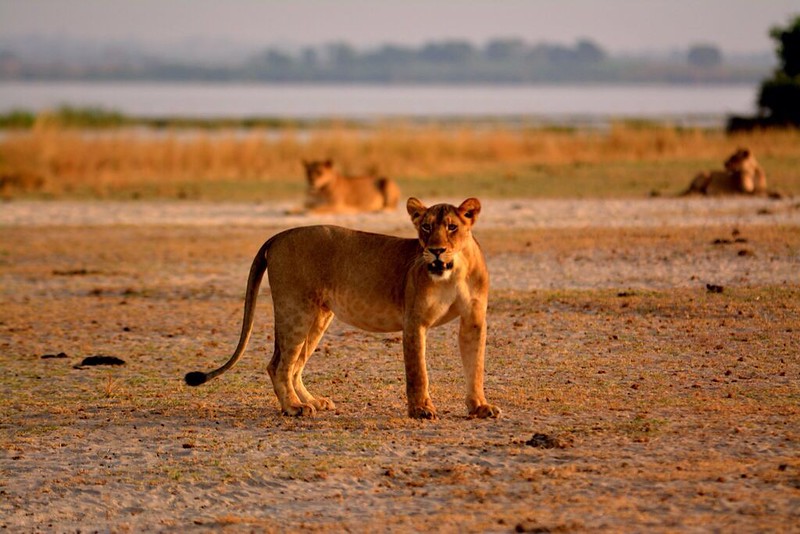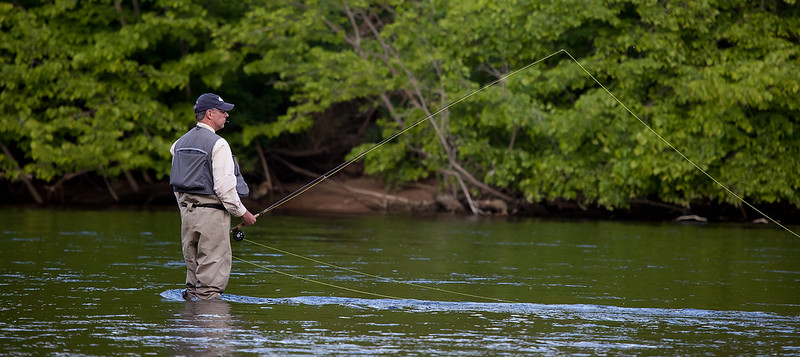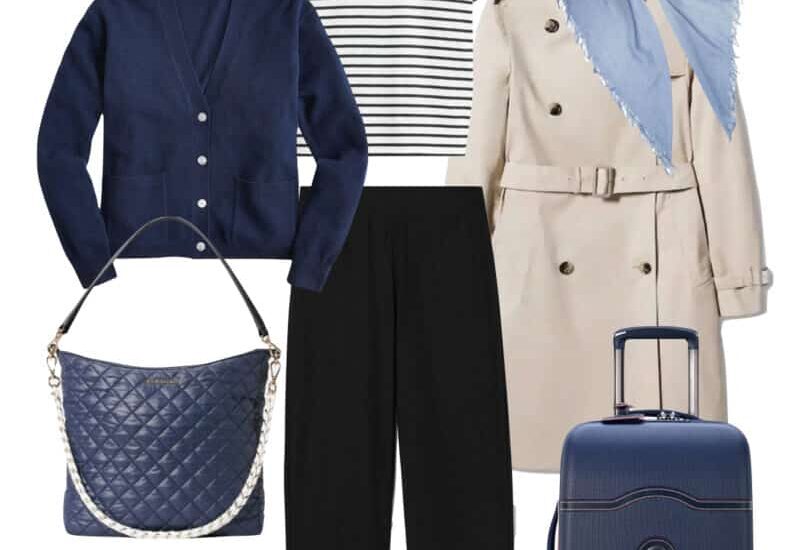COVID-19 impact on Uganda tourism.
COVID-19 impact on Uganda tourism.
Effects of COVID-19 on tourism in Uganda. To stop the spread of COVID-19, President of the Republic of Uganda Yoweri Kaguta Museveni told people they couldn’t use motorcycles or public or private vehicles and all businesses had to close. This included shopping malls, arcades, hardware stores, all non-food stores, saloons, lodges, and garages.
Right now, the shutdown is making it harder for the hardest-hit people in the country to eat because their jobs depend on the things that the president shut down.
It’s a world disease that’s killing a lot of people, and there’s no way to stop it. It’s easy to see how COVID-19 has affected Uganda. It has had a big effect on tourism in Uganda, especially gorilla tracking, which is the main draw for tourists in the country.
All of our national parks are closed because of this. More than 152 countries, including Uganda, have put in place safety steps to stop the disease from spreading. A big part of the ban is people from China, Italy, the UK, Iran, the US, Spain, Germany, France, Switzerland, and North Korea, all of which have a lot of sick people.
Many emails, phone calls, and texts from people wanting to cancel or delay their trips have put the industry on life support. Many businesses are at risk of going out of business, and the government is losing a lot of money from the tourist industry.
All travel into and out of the country has been stopped. This means that any trips planned for this time period have to be canceled or moved to a later date. The situation in Uganda and around the world will then be looked at to see if it’s safe to travel again.
International passenger travel in and out of the country stopped.
The country has been confirmed to have the Corona virus. Because of this, people are not allowed to go to any of the national parks to see gorillas, golden monkeys, chimpanzees, or other animals, for fear that they could get the virus. Primates and humans share a lot of DNA, which means they can get some of the same diseases. Since COVID-19 is a flu virus, which is also commonly passed from humans to primates, visitors are not allowed to see the primates at all to keep the situation under control.
![]()
Our company, Monumental Expeditions and Safaris, wants everyone who is sick to stay home and be safe. This is the only way we can stop the outbreak and stop the virus from spreading.
For our clients who had booked trips through us, it’s unfortunate that you won’t be able to go on safari as planned. However, the Uganda Wildlife Authority has taken steps to make sure you don’t miss your trip. If you want to go on safari, Monumental Expeditions and Safaris says to wait until the situation has calmed down.
Tour companies have been told to hold on to their customers’ safari payments until it’s safe for them to travel. Even then, steps should be taken to protect both the clients and the tour providers. There should be hand wipes in the cars and at the hotels, and people should wear face masks until it is confirmed that the spread is over.
With Gorilla Permits redo, people who planned tours during the outbreak can still go on their trips when the outbreak stops. They will also have the chance to redo their trips for a later date, up to 2022. Before, you could only reschedule once. Now, because of the COVID-19 outbreak, you can reschedule the Gorilla permit twice.
Since people aren’t allowed to enter or leave the country, we’ll be able to control the spread, and we’ll tell anyone who shows signs of having the virus to get a test just to be safe. Since you have to stay home because of the outbreak, take a look at our safari packages to find one that works for you. Then, send us a message
If you want to go to Uganda after the travel ban ends, the government has put up some safety steps for you to think about.
Wishing you safe travels on your next trip to Uganda
People from affected countries who have planned tours for now or in the next few days are being told by the ministry and the country as a whole to either delay their trips or arrange them for when things get back to normal. We will keep your credit and services on hold until it is convenient for you to go back to Uganda.
There are hand-washing sinks with soap at all tour companies, travel offices, and lodging facilities, as well as on all travel vehicles and boats.
Uganda is on lockdown right now, and the situation will be looked at to see if it’s safe to travel again. If it is, new rules and measures will be made public to let you know how the situation will be handled.
To make the tourism industry more ready as a whole, tour companies, agencies, and lodgings are being asked to keep N95 masks on hand for their customers.
All tour companies and travel firms should tell people who want to go to Uganda to bring their own masks.
It is recommended that all tour companies, travel firms, and places to stay teach their employees and guests how to avoid getting diseases. Covid-19
Some of these steps are not shaking hands or touching, washing hands with disinfectants, and regularly cleaning and sterilizing surfaces and objects that are touched a lot, like door handles.
We promise that you and the country you are visiting will be safe, and we will be able to work with you again when things get back to normal. Stay safe and healthy, and we’ll see you in Uganda.
A global plan for the new normal
WTTC, our members, governments, health experts, and other industry groups are all working together to make recovery practices that work. They are doing this by making action plans that make recovery efforts more effective across the whole sector.
As part of our policies, we give the public and private sectors the information and tools they need to work together and make sure people are and feel safe. Having shared rules is very important. In the end, we want travel to be safe, secure, and efficient, and we want travelers to have a real and important experience throughout their trip. We want this to help millions of people make a living and add to long-term economic growth.


